

This article, originally written in 2005, has been updated multiple times: 2006, 2013, 2019, 2021.
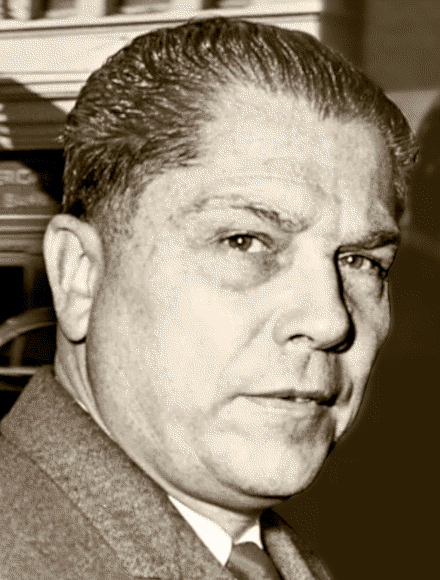
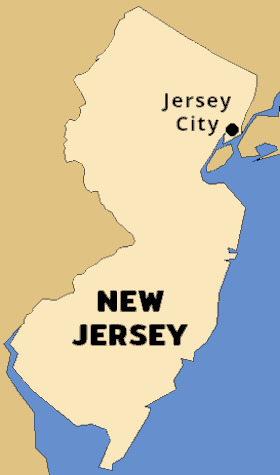
Author Dan Moldea went public in November 2019 with a claim that long-missing former Teamsters union President James Riddle Hoffa had been buried at the PJP Landfill - informally known as Brother Moscato's Dump - along the east bank of the Hackensack River in Jersey City, New Jersey. Moldea obtained a sworn affidavit from Frank Cappola, son of a deceased partner in the dump operation. Cappola stated that his dying father (Paul Cappola Sr. died in 2008) told him Hoffa's body was buried at the dumpsite within a metal drum, covered with additional metal drums containing chemical waste. Moldea, who has invested decades researching Hoffa's 1975 disappearance, suggested that he had "never seen a lead this good." However, the new information was a close match for his own twelve-year-old claim. Back in 2007, Moldea said he interviewed another partner in the same dump operation, Phillip "Brother" Moscato, and learned then that Hoffa's body was buried at the site. It appears that neither report goaded the Federal Bureau of Investigation into examining the Moscato Dump story, perhaps because it wanted no part in aggravating the government-monitored hazardous waste site (which had already experienced underground chemical fires and had caused contamination of area soil and water) or perhaps because it previously investigated the dump. Back in 1975, when Hoffa first went missing, agents acted on a somewhat vague tip from a federal witness and searched the same New Jersey dumpsite. The oft-recycled claim lingers, however. It became the focus of a FoxNews program in January 2021. (See: Detroit Free Press story of Nov. 22, 2019; FoxNews story of Jan. 29, 2021.)
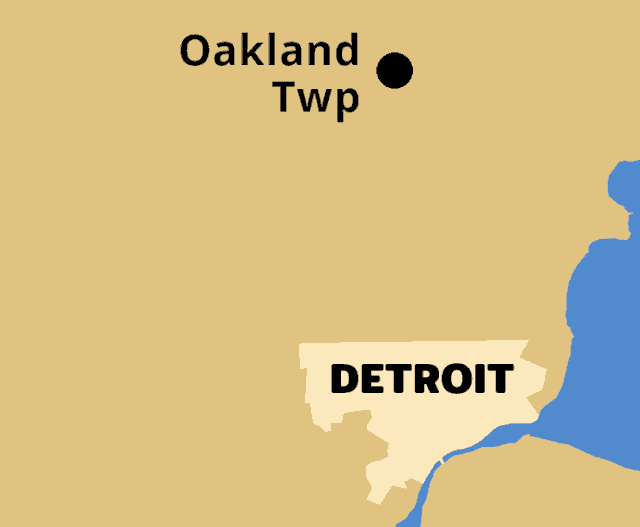
Citing "highly credible" information, the Federal Bureau of Investigation on June 17, 2013, began digging up a privately owned field at Buell Road and Adams Road in Oakland Township, Michigan, north of Detroit. Information about the supposed Hoffa burial site reportedly came from court-sealed statements provided by alleged mobster Tony Zerilli. In January 2013, the octogenarian Zerilli told a television news crew that Hoffa was knocked unconscious and buried alive by Detroit mobsters. His account dismissed the legendary involvement of members of Anthony "Tony Pro" Provenzano's Mafia crew from New Jersey. While Zerilli was reputedly a leader of the Detroit Crime Family at the time that Hoffa vanished, he also was behind bars at that time - serving a six-year term for racketeering and extortion - and since authored a manuscript about the Hoffa disappearance. After finding new evidence during several days of digging, the FBI called off the search. Some reports indicated that the excavation cost millions of dollars. The FBI denied that the cost was anywhere near that high. (See: CNN story of June 18, 2013; Oakland Press story of June 19, 2013.)
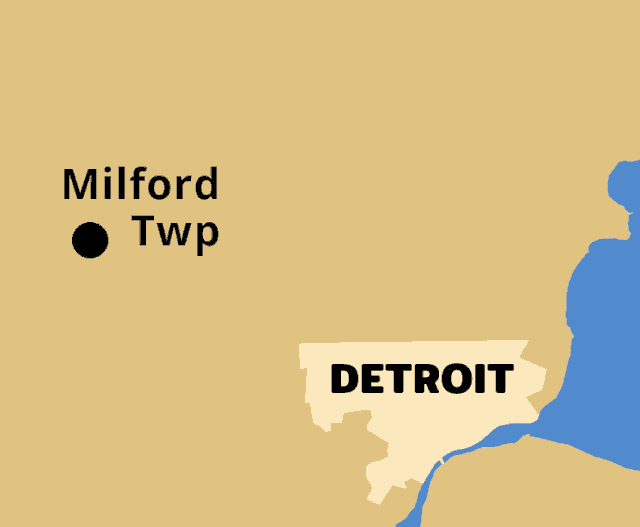
In mid-May 2006, the FBI initiated a search for Hoffa's remains on the grounds of the Hidden Dreams horse farm in Milford Township, Michigan, northwest of Detroit. The farm lies about twenty miles from the Machus Red Fox Restaurant, where Hoffa was last seen. Prompted by a tip from convicted drug trafficker Donovan Wells, age seventy-five, agents brought "cadaver dogs" and heavy equipment onto the site. Archaeologists and anthropologists were summoned from Michigan State University to participate in the search. (Wells was given a polygraph test, which he passed.) The focus of the investigation was a barn, which years ago had been used by local mafiosi for meetings. On the day of Hoffa's disappearance, a backhoe reportedly appeared at the barn. The structure was abandoned shortly thereafter. Wells said he witnessed a cylindrical object being buried at the location in 1975 and was told by Rolland McMaster, a Teamster official who owned the farm at the time, that the object contained Hoffa. The farm has changed hands since. McMaster denied Wells' story and noted he was out of the state on union business when Hoffa vanished. On May 30, 2006, after demolishing the barn and probing the ground underneath for nearly two weeks without yielding any clues, the FBI called off its search. The Bureau estimated the cost of the venture at $250,000. (See: Baltimore Sun story of May 31, 2006.)
FoxNews investigated a confession by Frank J. Sheeran and turned up what it claimed was blood evidence of Hoffa's murder in a private home at 17841 Beaverland Street in northwest Detroit. Sheeran, former Teamsters official in Delaware and former associate of northeast Pennsylvania Mafia boss Rosario "Russell" Bufalino, insisted that he took part (the role he assigned himself varied with the telling - in the FoxNews version Sheeran was the sole triggerman in Hoffa's assassination) in the Mafia's action to remove Hoffa. FoxNews brought a forensic team of retired Michigan state police investigators to the home, ripped up flooring and found evidence of blood. Oakland County prosecutors were called in, and they removed floor boards and sent them to the FBI for DNA testing. The FBI's crime lab conducted tests on fifty samples. In February 2005, the test results were announced: None was a match for Hoffa. (See: FoxNews story of July 2018; Associated Press story of Feb. 14, 2005; Oakland Press story of Feb. 14, 2005.)
The disappearance of former Teamster President James Riddle Hoffa in 1975 sparked a public debate that continues to this day. Despite claims to the contrary, no one knows for sure what became of Hoffa or who was responsible.
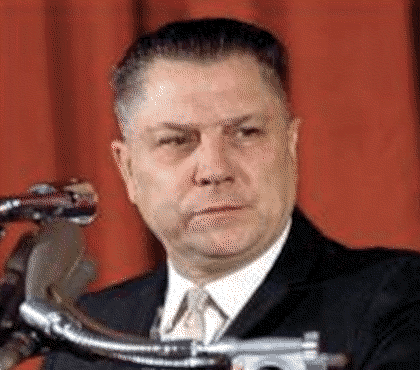
An Indiana native, Hoffa's participation in the United States labor movement dates back to Detroit of the early 1930s. Within two decades, he was the most important man in the International Brotherhood of Teamsters, Chauffeurs, Warehousemen and Helpers of America. Unlike authoritarian westerner Dave Beck, who preceded Hoffa to the Teamster presidency, Hoffa seemed never to lose touch with his Midwest working class roots.
While organized crime had dabbled in organized labor since the turn of the 20th Century, infiltration of unions became an underworld focus in the post-Prohibition Era. It seems Hoffa entered into a private alliance with the Mafia criminal network in order to win the Teamster presidency in 1957. New York criminal minds like Tommy Lucchese and Johnny "Dio" Dioguardi and Chicago's Sam Giancana were able to fabricate union locals that backed Hoffa's presidency and to undermine Dave Beck.
In return, the mafiosi looked for good-paying administrative posts for their key operatives, access to union funds and other favors.
Organized crime's presence within organized labor was targeted by Senate attorney Robert Kennedy and the McClellan Committee in the late 1950s. With his brother John Kennedy's Presidential victory in 1960, the senate attorney won appointment as the nation's attorney general. Robert Kennedy immediately announced that Hoffa was the primary focus of his attack on corruption in labor unions.
Hoffa had channeled many millions of dollars of Teamster pension funds to underworld activities in Las Vegas and other Mafia-run land development operations. Those secret loans, rarely repaid, illustrated the intimate links between the Chicago crime family, which controlled much of Vegas at the time, and the Teamsters.
The Teamster membership records showed further links. Numerous known mobsters were listed on the union's rolls. Johnny Dio, reputed member of the Lucchese crime family, was one. Dio and Hoffa were believed to have used illegal wiretaps to weaken Beck in advance of the 1957 union elections.
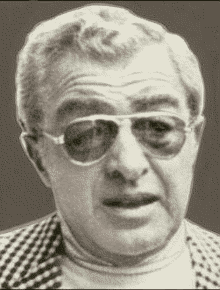
Provenzano
Anthony "Tony Pro" Provenzano, believed to be a senior member of the Genovese crime family, was a member of a Hoffa-loyal Teamsters local in Union, New Jersey. When federal labor officials demanded that Hoffa remove Provenzano from the Teamster rolls, Hoffa appointed Tony Pro to a regional leadership position. Salvatore Briguglio, a Provenzano aide in Union, New Jersey's Teamster Local 560, was also a made member of the Genovese family.
Russell Bufalino, who rose to command underworld activities in northern Pennsylvania and western New York State and who had strong "business" ties to Joe Barbara in Apalachin and Stefano Magaddino in Buffalo, was also connected Hoffa's Teamsters administration. Bufalino lieutenant Frank "The Irishman" Sheeran served as a Teamster boss in Wilmington, Delaware, and became a close Hoffa friend.
Hoffa managed to escape a number of federal charges, but was finally convicted of attempting to tamper with a jury in 1962 and then of improperly manipulating the union pension fund in 1964. Appeals kept him out of jail until 1967, when he began a 13-year sentence. Before entering prison, Hoffa designated his friend Frank Fitzsimmons to succeed him (and keep the president's chair warm for him).
Hoffa was freed by order of President Richard Nixon at the end of 1971. Nixon formally barred Hoffa from holding any leadership position with the union until 1980. Attorneys challenged that condition in court, as Hoffa prepared to take back the Teamster presidency. But Hoffa found his road back was blocked by some old friends. Fitzsimmons had grown comfortable in that warm president's chair and did not want to leave it. Anthony Provenzano, the mob's strongest link to union, had grown tired of Hoffa. Provenzano and Hoffa spent some time in a Lewisburg, Pennsylvania, prison together and had a falling out. It is possible that Hoffa came to realize the mistake he made when he allied himself with organized crime years earlier.
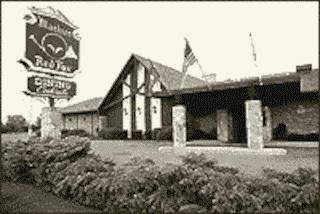
Machus Red Fox
In the early 1970s, Hoffa made an effort to mend his fences. In summer of 1975, he called for a meeting to settle his differences with Tony Pro. Whether he intended to meet with Provenzano face-to-face is uncertain. Some have suggested that he called for a sit-down with Russell Bufalino himself, in order to obtain some leverage against Provenzano.
Early on the afternoon of July 30, 1975, Hoffa waited at the Machus Red Fox restaurant in the Detroit suburb of Bloomfield Hills. Witnesses said they saw him hanging around his green Pontiac Grand Ville in the parking lot and making at least two calls from a pay phone outside a nearby hardware store. At 2:15, Hoffa reportedly telephoned his wife at their Lake Orion home, told her he had been stood up and said he planned to wait only a few more minutes. He was never seen or heard from again.
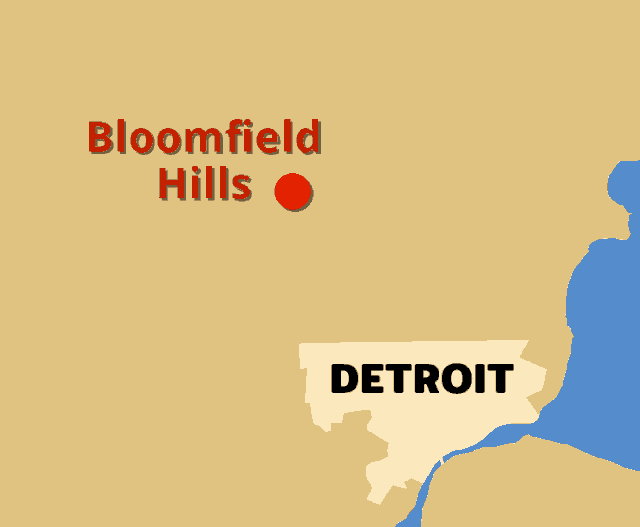
Media reports indicated that Hoffa was planning to meet with Provenzano and Detroit mobster Anthony "Tony Jack" Giacalone at the time he disappeared. Frank Sheeran, who confessed late in life regarding his involvement in Hoffa's demise, said the meeting was to involve only Bufalino and Sheeran. In advance of the meeting date, according to one of Sheeran's several conflicting accounts, the underworld decided to do away with Hoffa and told Sheeran not to show at the Machus Red Fox.
On July 31, local police began to investigate. They discovered Hoffa's car still in the restaurant parking lot, but the vehicle yielded no clues. The FBI became involved a couple of days later and began looking into Hoffa's underworld connections.
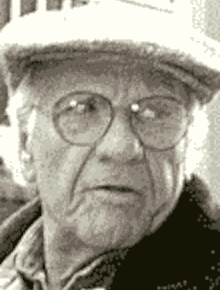
Anthony
Giacalone
Provenzano was long considered the prime suspect in Hoffa's disappearance. However, Tony Pro had an alibi that prevented him from being tried in the case. He reportedly met with a number of Teamster associates in New Jersey on July 30. Giacalone, too, was visibly elsewhere on that date.
On Aug. 21, police dogs detected Hoffa's scent in a car used by one of Hoffa's closest friends, Charles O'Brien. The car was reportedly borrowed by O'Brien from Anthony Giacalone's son on the day Hoffa disappeared. But no other link could be established.
Federal prosecutors called a grand jury in Detroit. Several weeks of testimony were heard, but no indictments resulted. The FBI's active work on the case continued until 1985 - three years after the missing Hoffa was declared legally dead. Headlines were made in 2001, when DNA tests showed that Hoffa's hair had been found in the back of the car O'Brien borrowed from Giacalone.
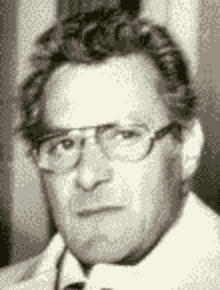
Salvatore
Briguglio
Sheeran's confessions in 2003 implicated Bufalino and Tony Pro's New Jersey subordinate Salvatore Briguglio in the elimination of Hoffa. In one of Sheeran's statements, he claimed to have been the actual murderer of Hoffa. The mob's use of someone close to Hoffa would match historical patterns. But, in another statement, Sheeran said he showed up after the job was done by Briguglio and just carted away Hoffa's body.
Sheeran died Dec. 14, 2003, at the age of 83. His stories could not be confirmed, and his family disputed the validity of the statements attributed to him.
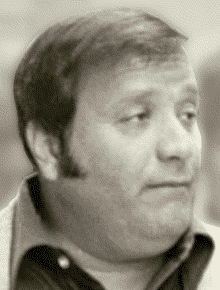
O'Brien
In spring of 2004, some blood was found beneath floor boards in the Detroit residence Sheeran said was used for Hoffa's murder. The discovery was initially believed to support Sheeran's tale, but DNA tests later showed it was not Hoffa's blood.
While the debate over Hoffa's end continues, many of those who might have had personal knowledge of the event are gone.
In the late 1970s, Provenzano was implicated, along with Salvatore Briguglio, in the 1961 murder of a rival within the Teamsters, Anthony Castellito. Briguglio was shot down in New York City in March 1978 while prosecutors were assembling their case against him. Some sources believe that Sheeran pulled the trigger. Provenzano was ultimately convicted of labor racketeering, removed from the New Jersey Teamsters and sentenced to serve 20 years at Lompoc, California. He suffered a heart attack Dec. 12, 1988, at the prison and died while being rushed to a nearby hospital. He was 71 years old.
Bufalino died at age 90 in 1994. Giacalone reached the age of 82, dying in 2001. Johnny Dioguardi, who spent much of his adult life behind bars, died while in prison in 1979. He was 64.
Charles "Chuckie" O'Brien, who was long considered a "foster son" of Hoffa and later became a suspect in Hoffa's disappearance, died February 13, 2020. He reportedly suffered a heart attack while in Boca Raton, Florida. He was eighty-six.